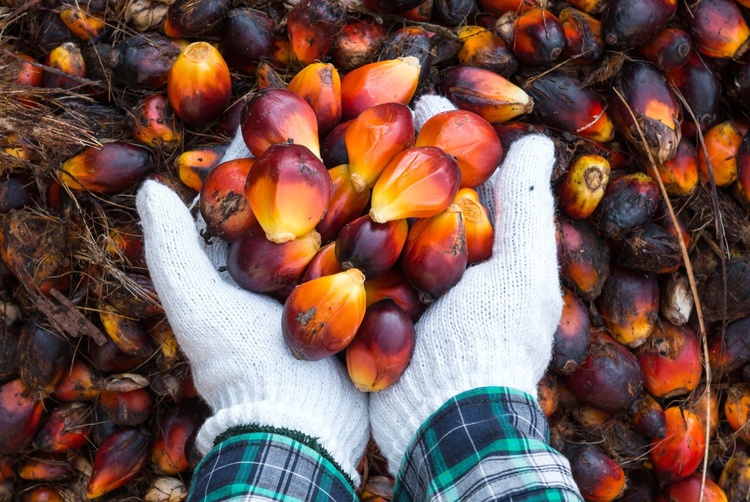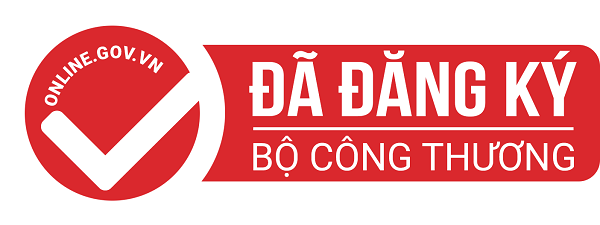The Indonesian government officially implemented the CPO export license from January 24, 2022 (01/26/2022)
Accordingly, the Government began to require enterprises to register for export of CPO products, RBD palm oil (refined, bleached, deodorized) and used cooking oil, which is considered to have an impact. to export, thereby to ensure that domestic supply. The government does not regulate the volume that producers must consume domestically before exporting. At point XVIII of Attachment I of this new Regulation, 9 HS codes of products in the CPO group, RBD palm oil and oil Used food products must obtain an export permit (PE) and businesses must apply for an export stowage application. The requirements that businesses must meet to get PE include Letter of Commitment that the exporter has distributed CPO, RBD palm oil and used cooking oil for domestic needs with a contract of sale, export plan for a period of 6 months and a distribution plan for a period of 6 months.
The regulation does not have much impact on exports or domestic distribution, said Sahat Sinaga, executive director of the Indonesian Vegetable Oil Industries Association (GIMNI). According to him, 32 members of the association have committed to supply goods for domestic consumption.
Tofan Mahdi, head of Communications of the Indonesian Palm Oil Association (Gapki), said that the export regulation will not affect Indonesia's exports of palm oil products as most of the Gapki members have already signed up. supply raw materials for domestic demand.
Of the total CPO and crude kernel oil (CPKO) production reaching 51 million tons in 2020, Gapki noted that exports in the form of CPO are only about 7.17 million tons and RBD palm oil about 21.1 million tons. Meanwhile, until November 2021, exports in the form of CPO amounted to 2.43 million tons and RBD palm oil amounted to 23.45 million tons.
Source:Vietnam Trade Office in Indonesia




